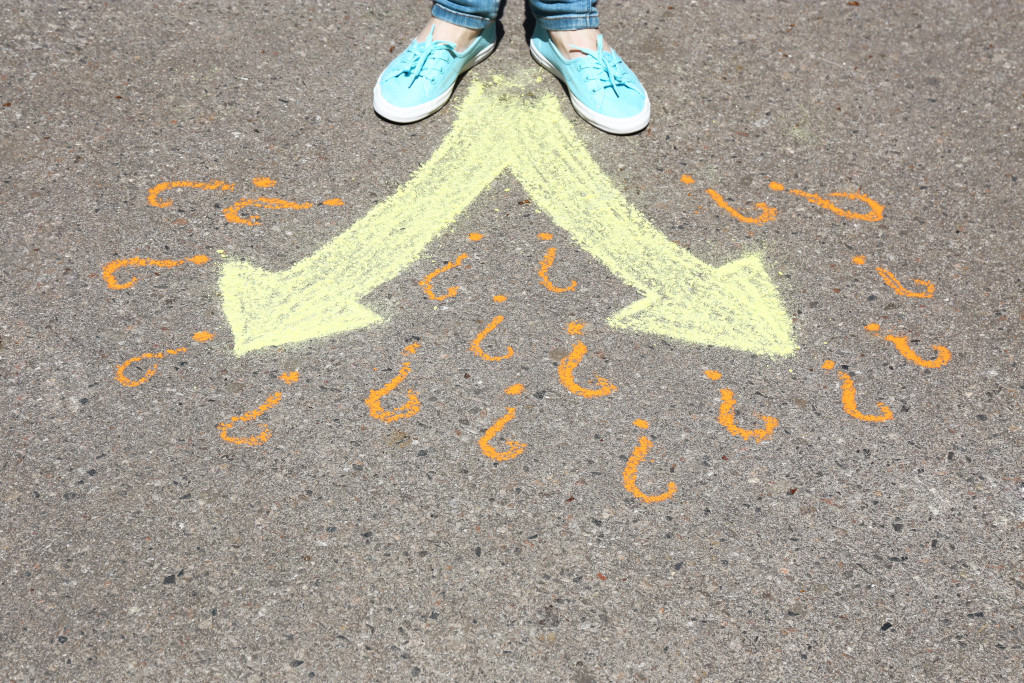How many of us lawyers can afford our own services? My husband and I retained a Miami lawyer over a dozen years ago, at the stunning hourly rate of $600. To this day, that amount still outrages me.
I went to Yale University when I was 16 years old, graduated when I was 19, and then attended Georgetown Law, where I achieved not only a position on an ABA-published law review, but a leadership position as Lead Articles Editor.
Once I passed the bar exam, I regularly chalked up significant victories in my relentless efforts to “make new law.” In the early ‘80s, in my first jury trial, I obtained the fastest guilty verdict ever in Hillsborough County history; my DUI jury found a man guilty of driving under the influence in six and a half minutes. I tried just one murder case while I was at the State Attorney’s Office and put the defendant on death row.
Once I was in civil practice, in 1989, I established that a grocery store employee who had suffered from employment discrimination because of her insistence on serving her federal jury duty was entitled to a trial by a jury of her peers.
In 1990, long before the confidentiality protections now afforded all medical records, I proved that a newspaper reporter could not access the involuntary placement hearing record of a mentally ill patient.
I later convinced the Florida Supreme Court that the defendant’s right to the time bar defense is a property right that vests when the limitations period then applicable to the cause of action in question runs. In other words, the Court found the statute I had challenged unconstitutional and struck it down.
I’ve been in practice for 35 years, and have established a reputation as a highly respected trial lawyer. All of which is to say that my hourly rate is not unreasonable. In fact, it’s long past time for me to raise it, yet I’m considering doing the reverse. Why?
For our clients, collaborative and other courtless divorce process alternatives beat out traditional courtroom divorce every time; they take less time, they cost less money, and the clients make the decisions, not some judge who doesn’t know them or their kids, or who, more importantly, doesn’t necessarily share their values, And collaborative divorce, at least, protects their relationships with the people they love… even, perhaps paradoxically, with each other.
But collaborative practice also beats out the courtroom divorce process for us lawyers. Why? Because the stress caused to our clients by being swept up in the judicial system is reflected directly into us. So we do not just suffer from the everyday stress of being a trial attorney, but we also experience the additional anxiety induced by our naturally empathetic natures.
On the other hand, the mystical magic I see conjured by my collaborative teams sends me home every night in an enchanted euphoria that is unmatched by even the most astonishing courtroom win.
The collaborative process taught a woman how to communicate her need for her husband’s participation in the process of educating their son, and enabled him to share the joy of participating in that process with her, long after their marital relationship had died.
The collaborative process permitted a man to confess a secret that he had held so close to his vest for five years that it had nearly suffocated him; it enabled his wife to understand and to forgive him for what she initially perceived as his treacherous failure to share it with her.
The collaborative process enabled a man to understand his wife’s need for an apology from him for something he did not do, and helped her to accept the honesty of that apology when he offered it and to then move on.
The collaborative process helped a woman to appreciate her husband’s need for closure, and enabled her to craft a ceremony that afforded him that, but also that honored his contributions to their marriage and his continuing role as their daughter’s father.
I see this magic take place in nearly every one of my collaborative cases.
Please do not misunderstand me; I do not see divorcing couples “reconciling.” But they do fix problems that may have caused their rift, as well as problems that have arisen during their rift. They do repair their broken relationships.
The consequent reduction of stress in my practice, coupled with the joy I take in participating in collaborative divorce cases, convinces me that I should lower my hourly rate for collaborative divorce cases. Perhaps when I mention this to my consults, they will more seriously consider the collaborative process option.













